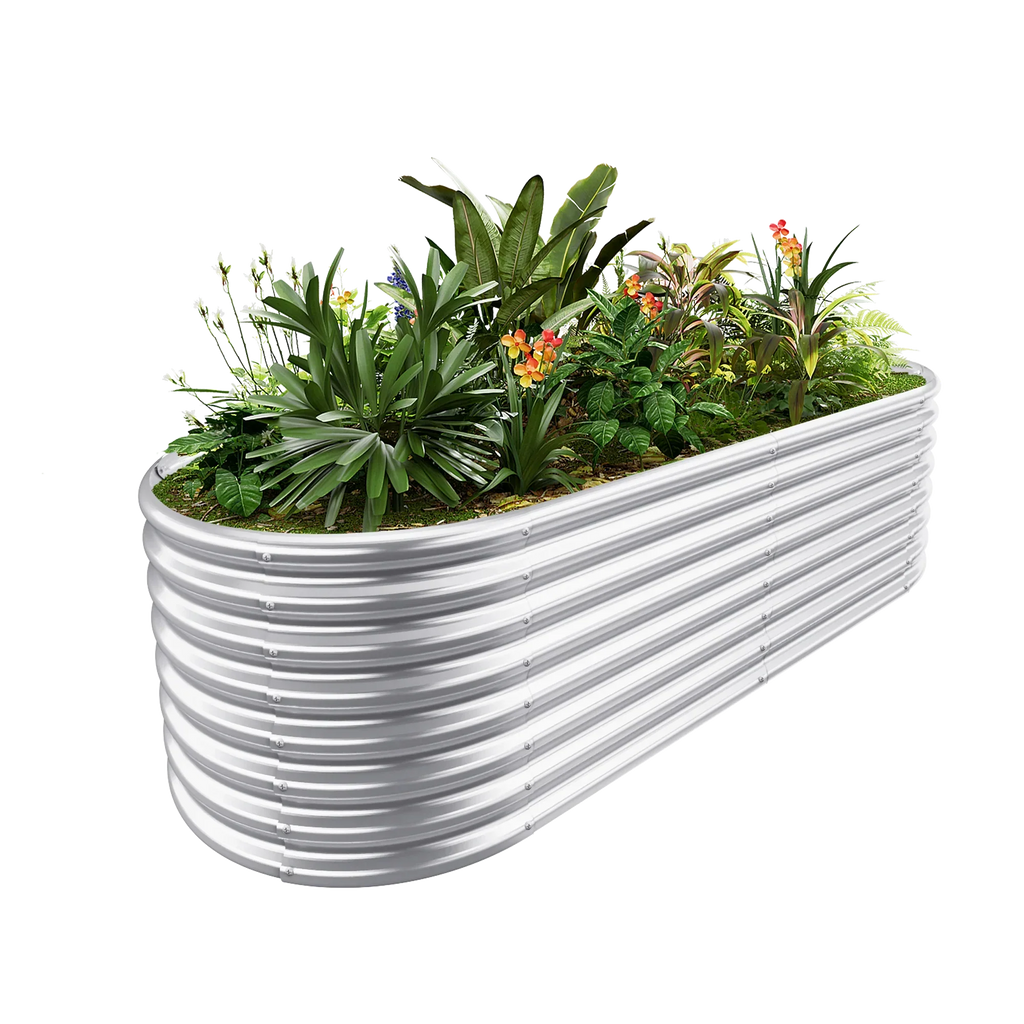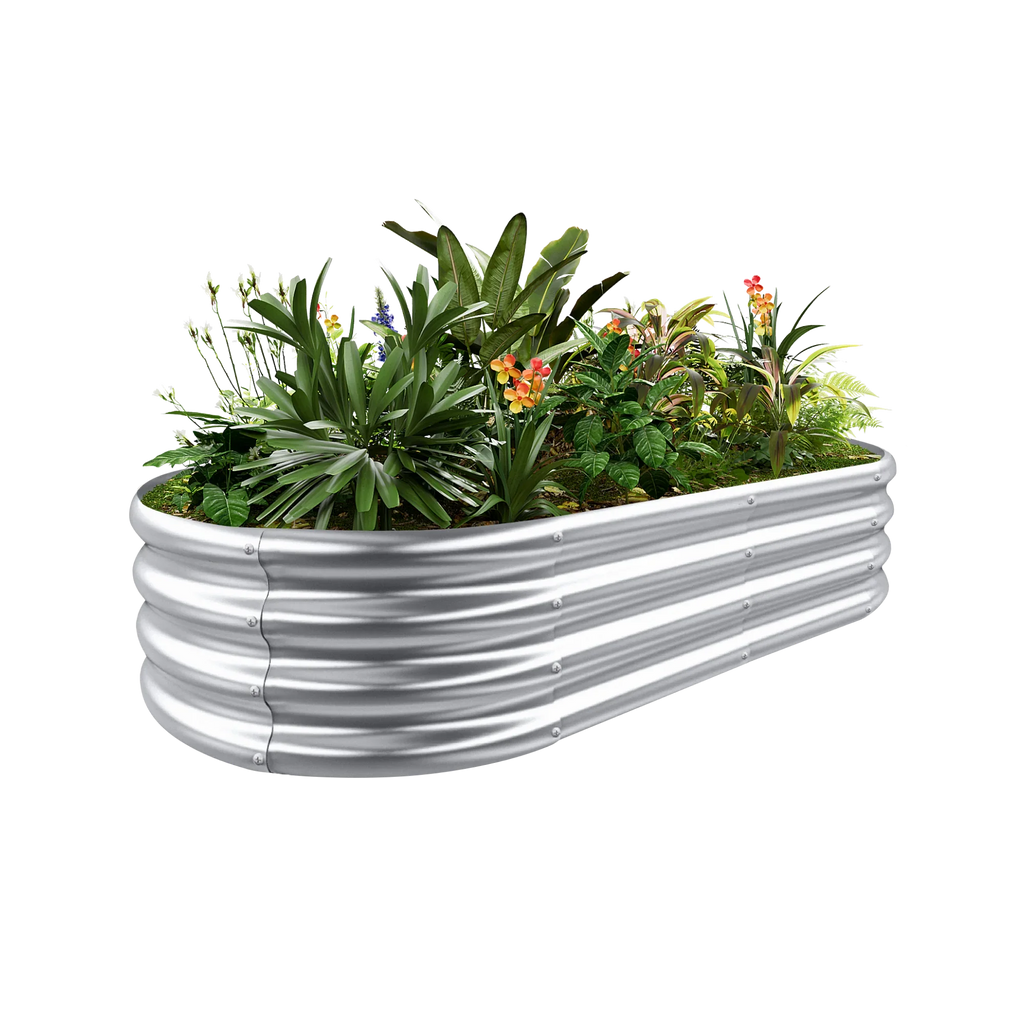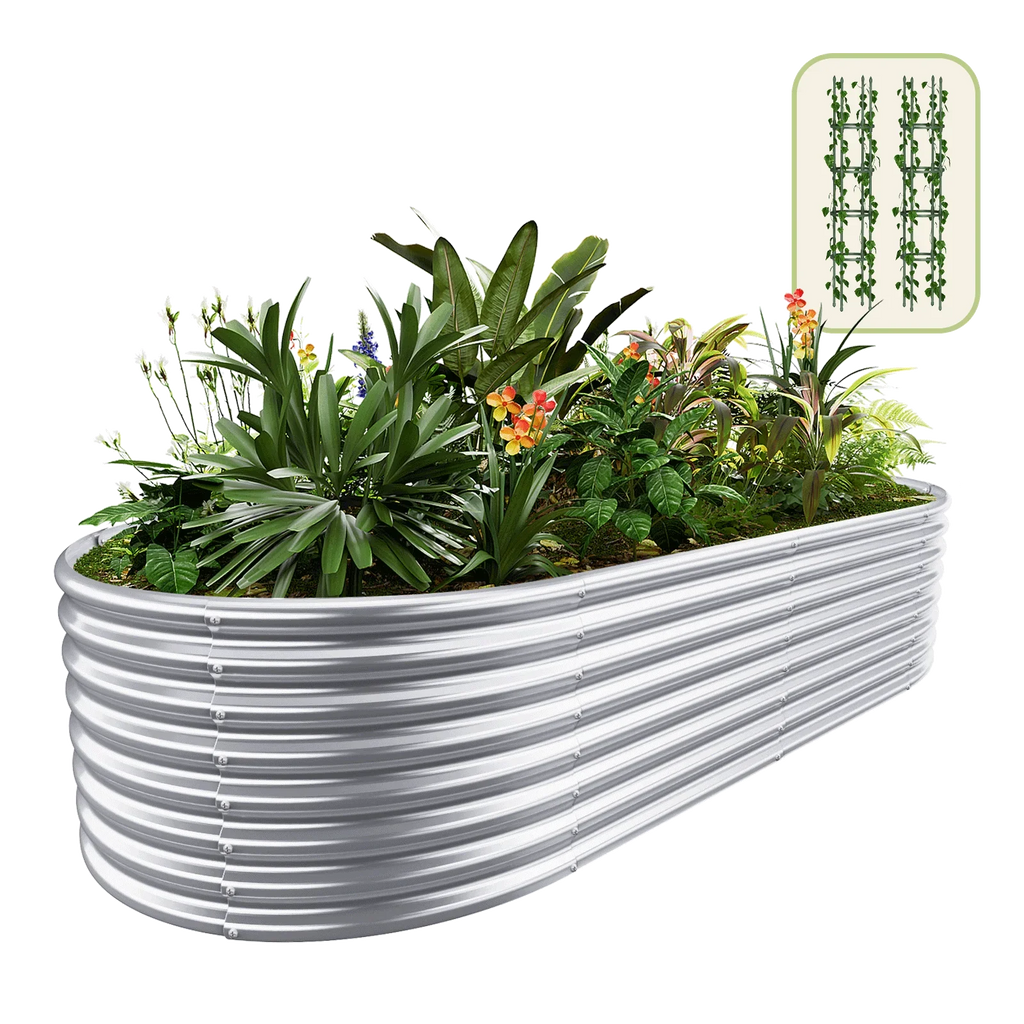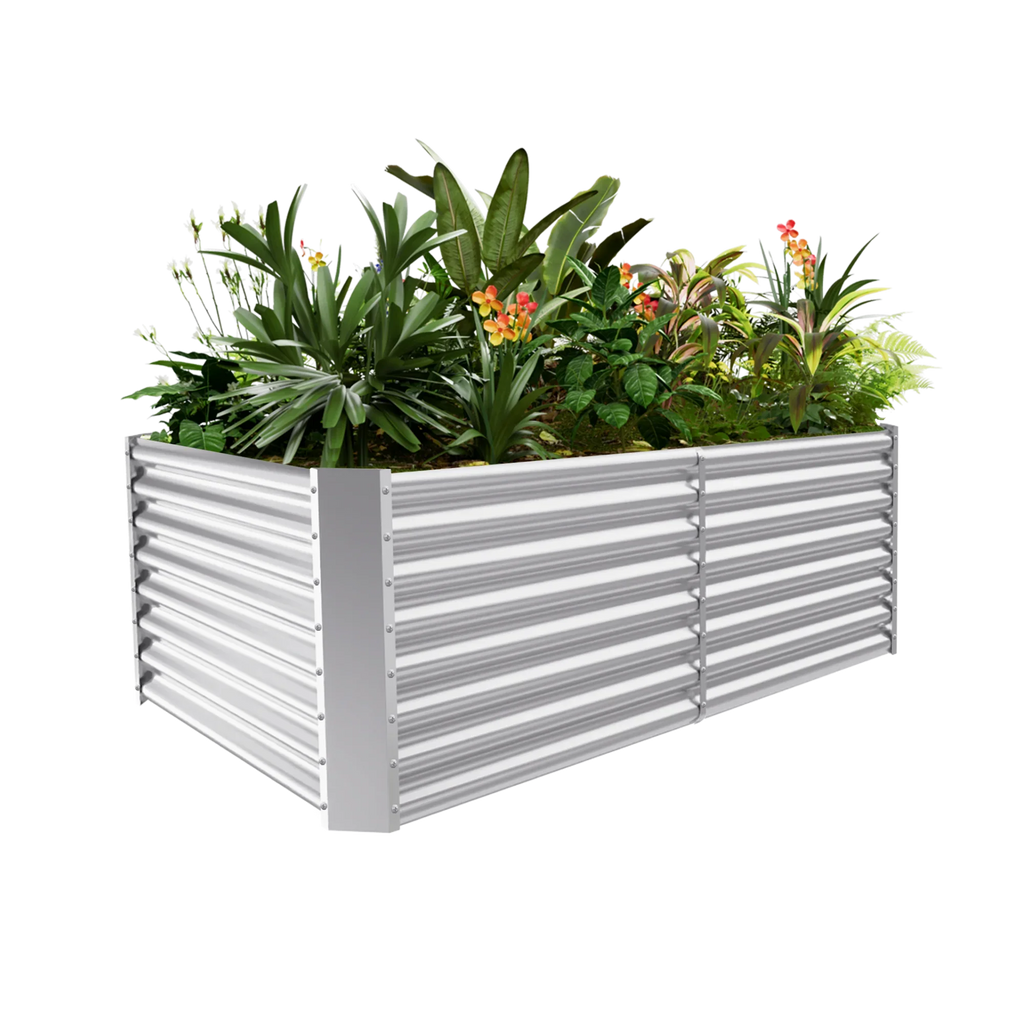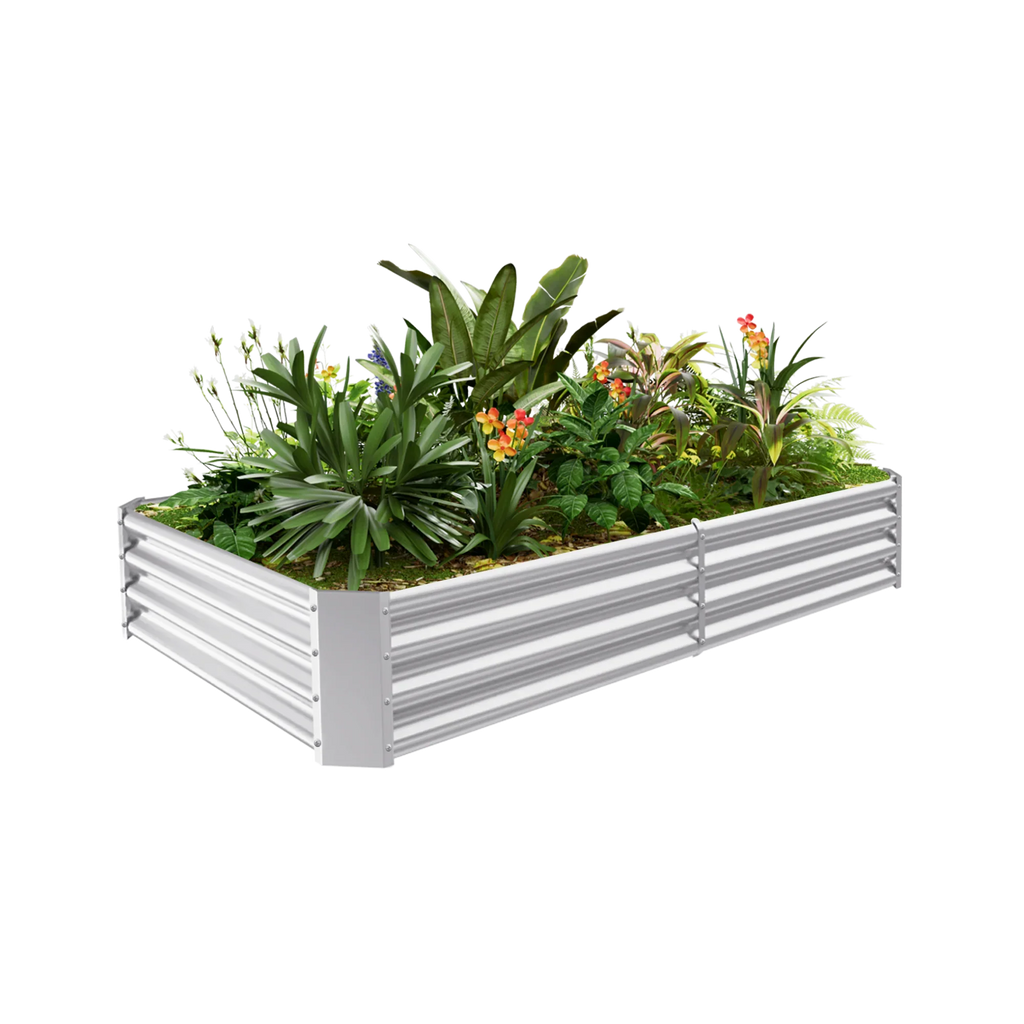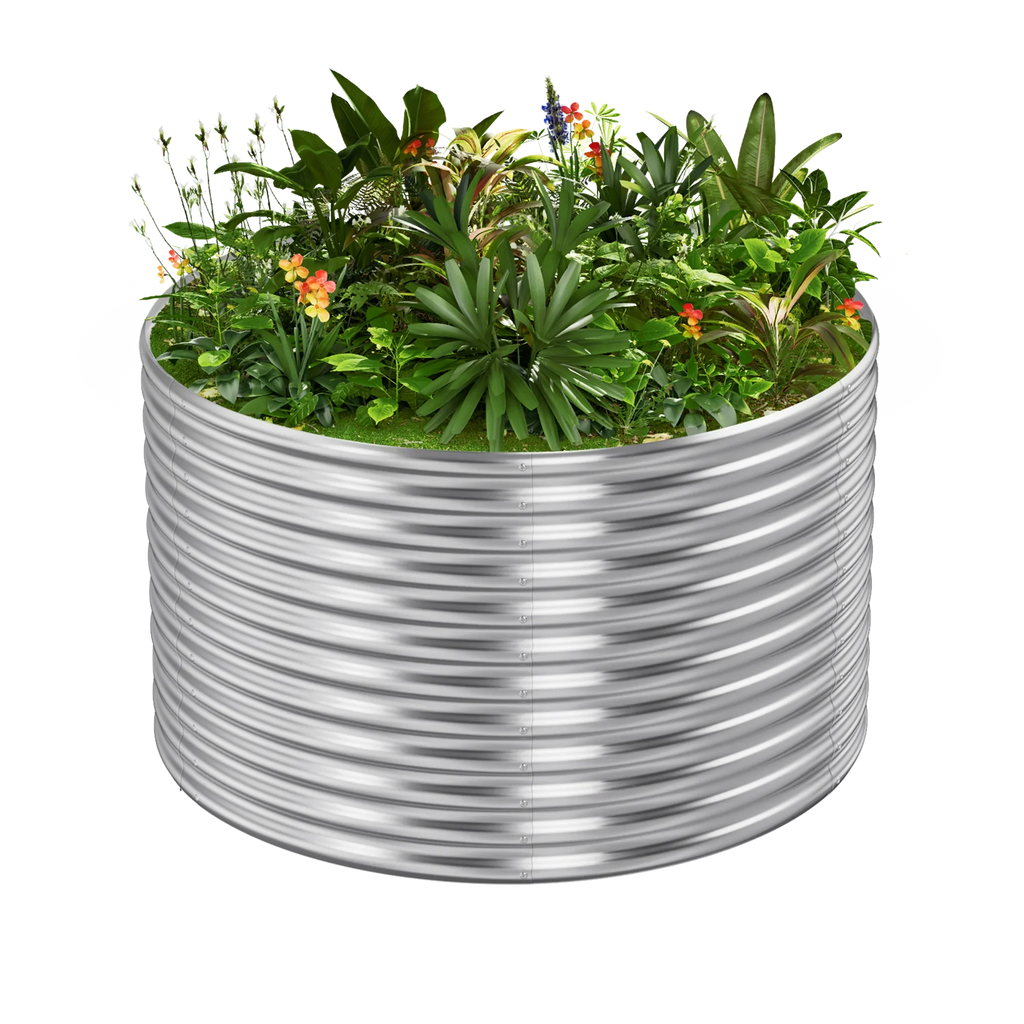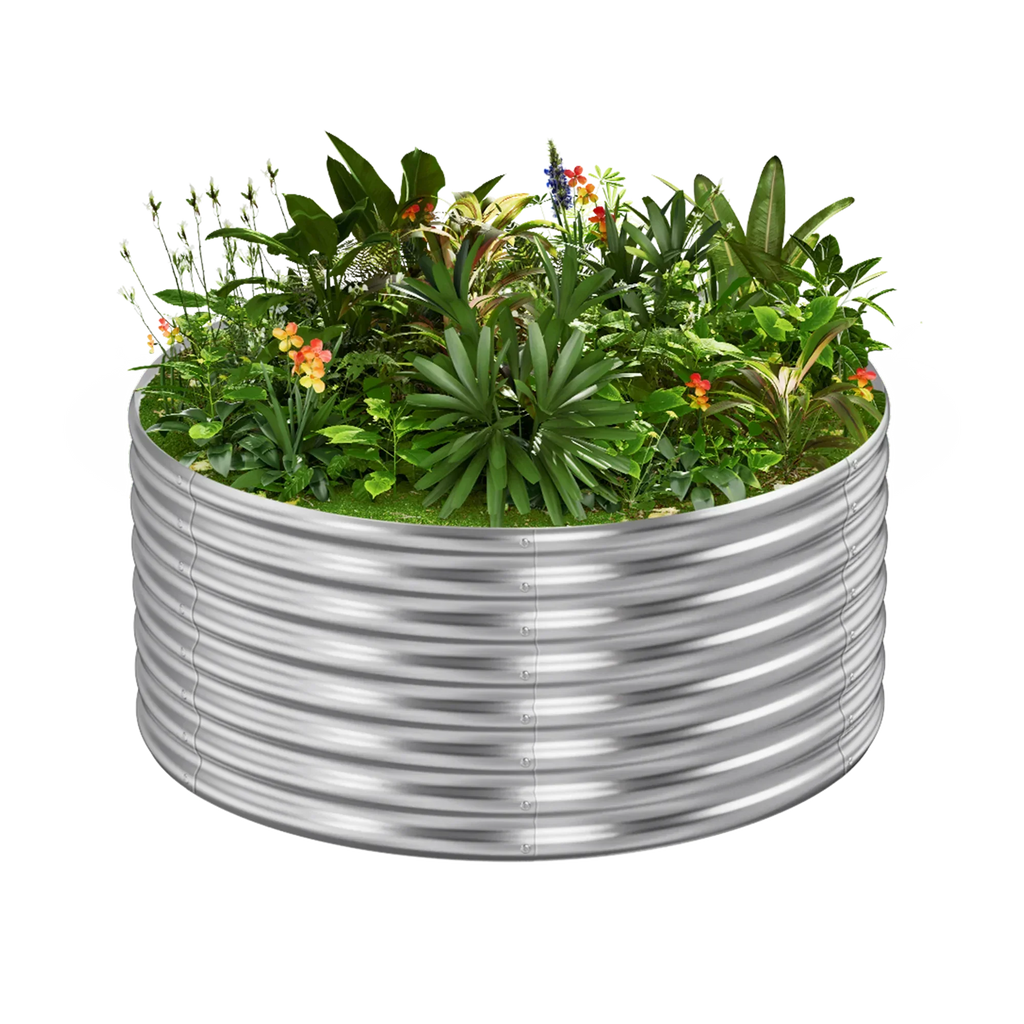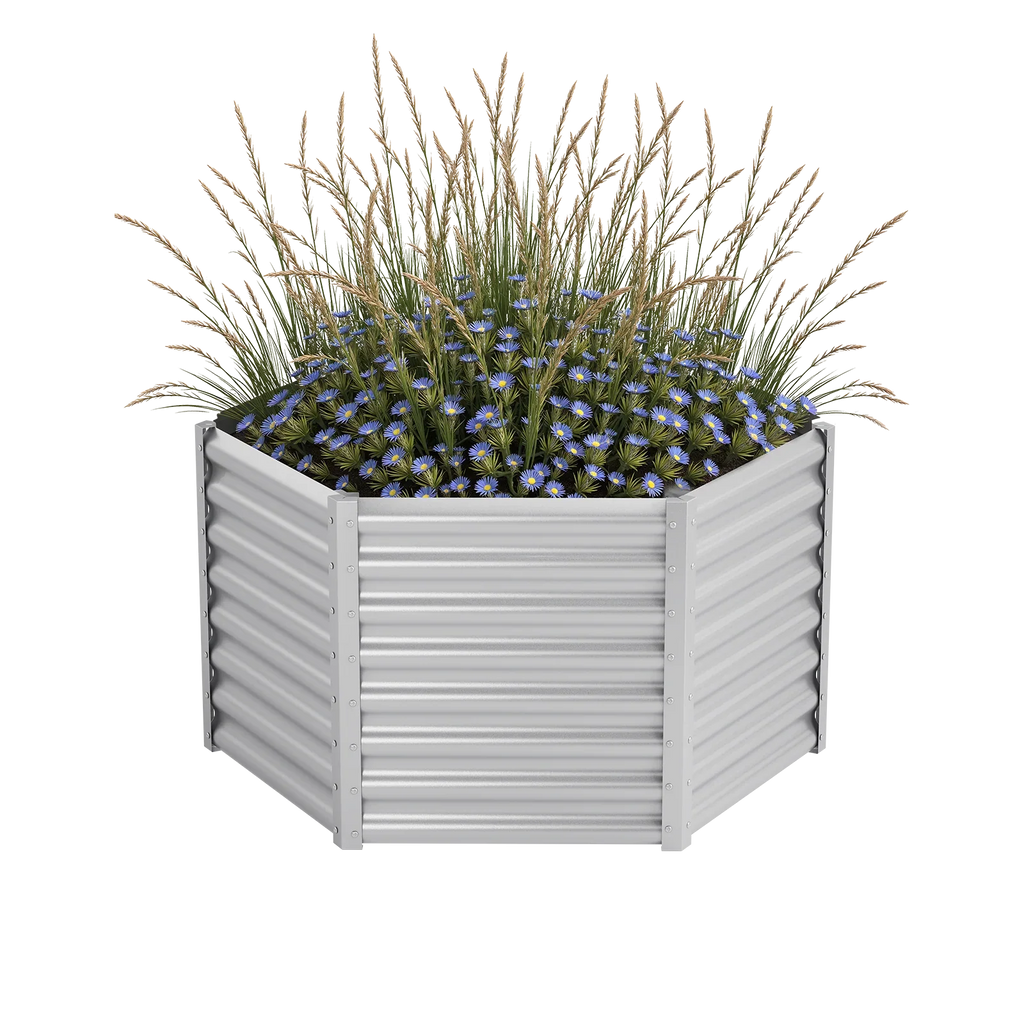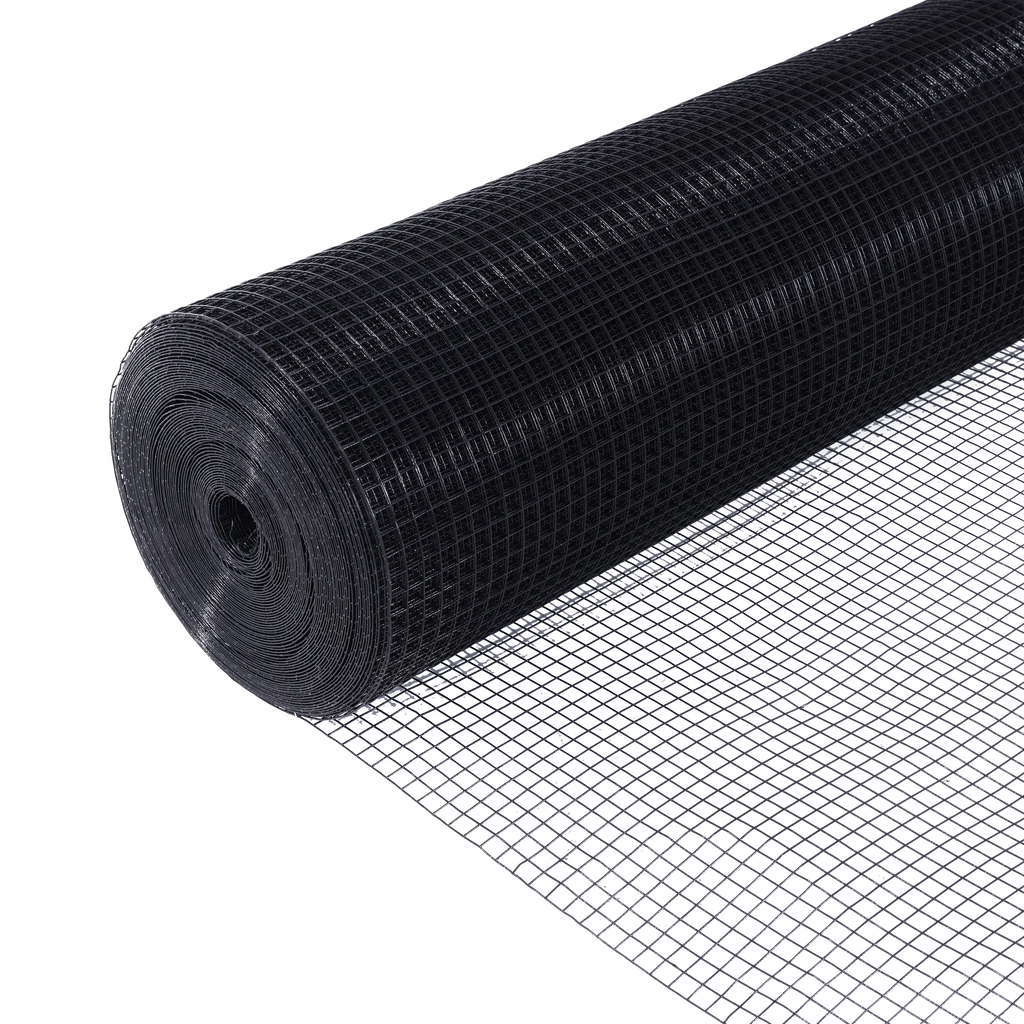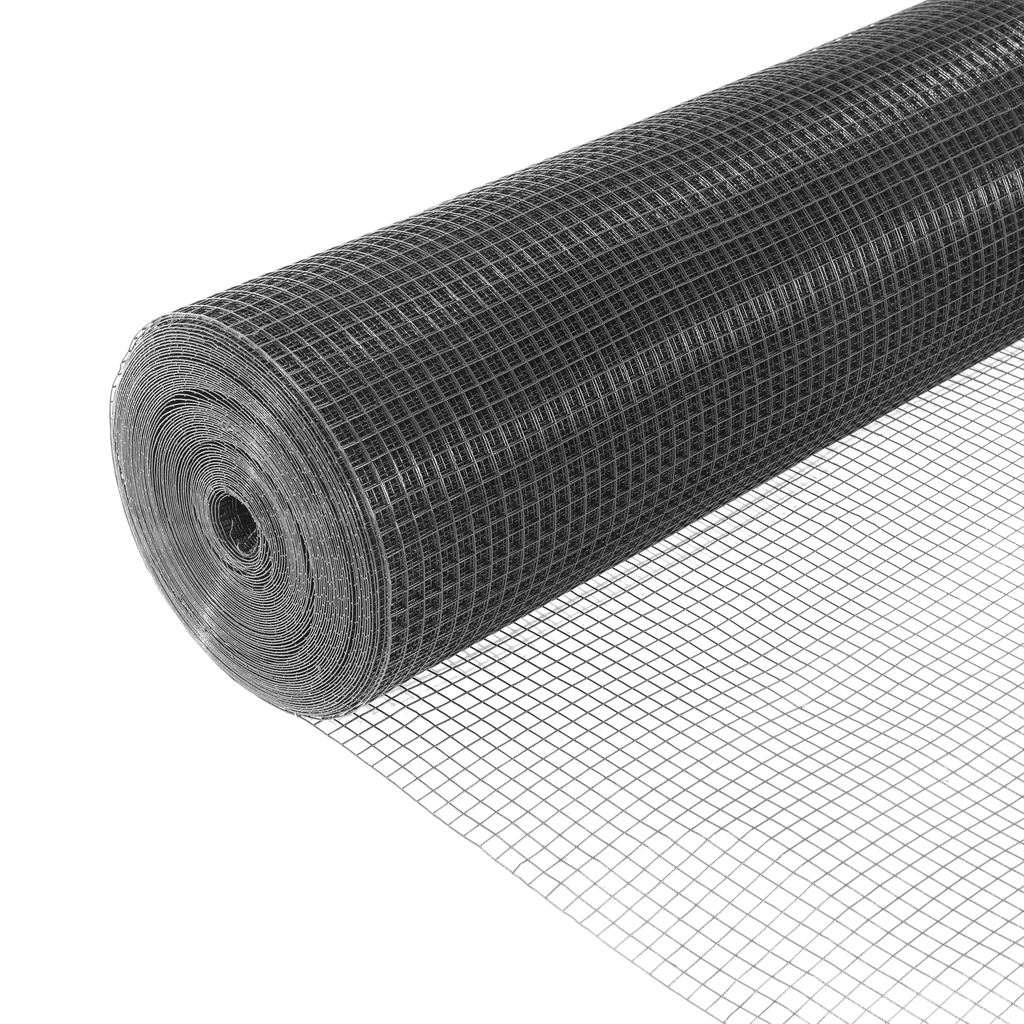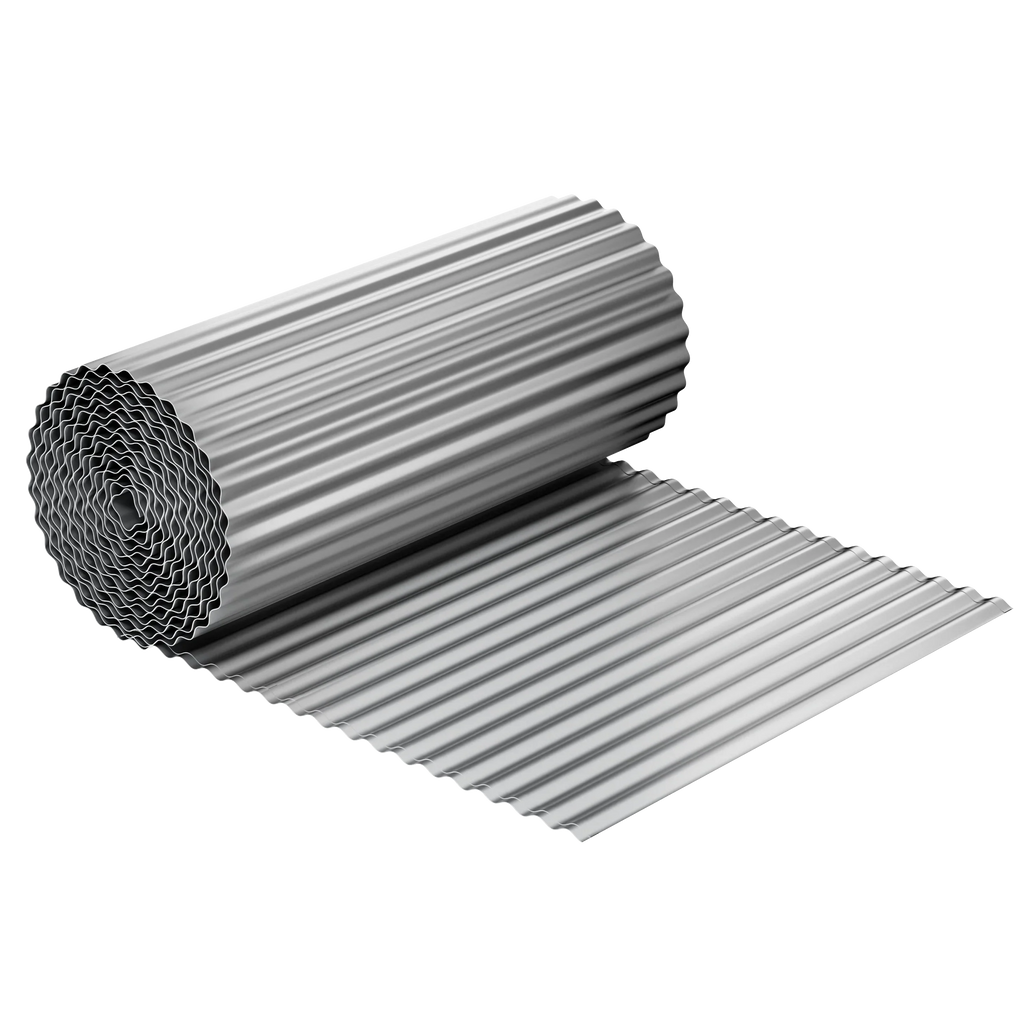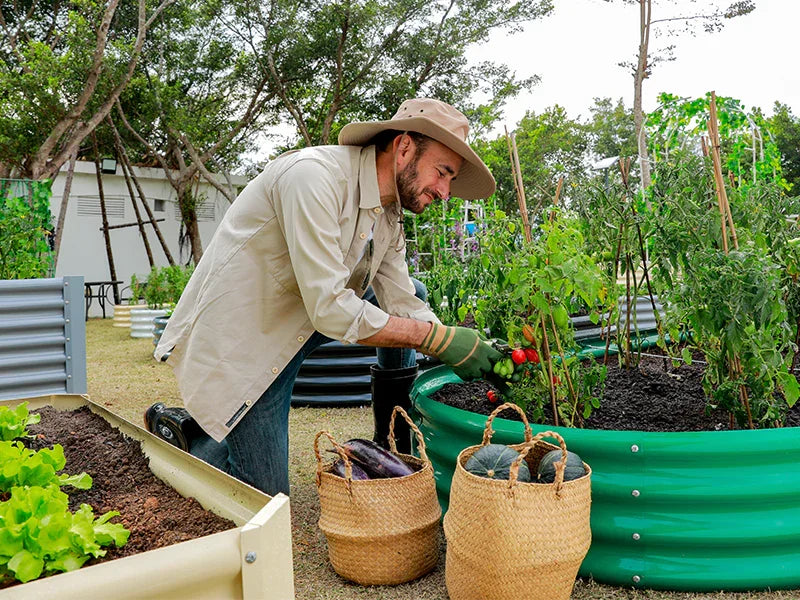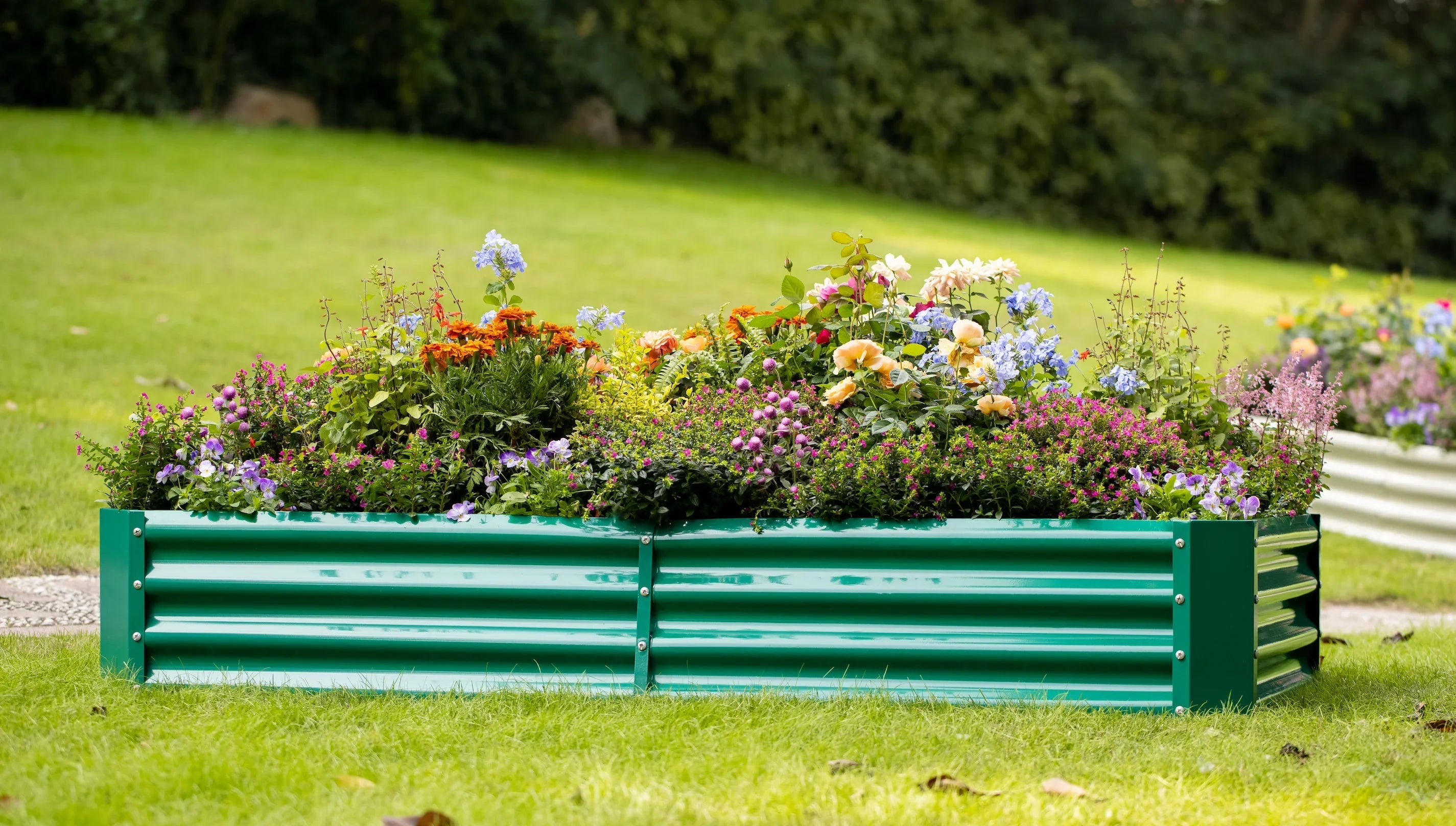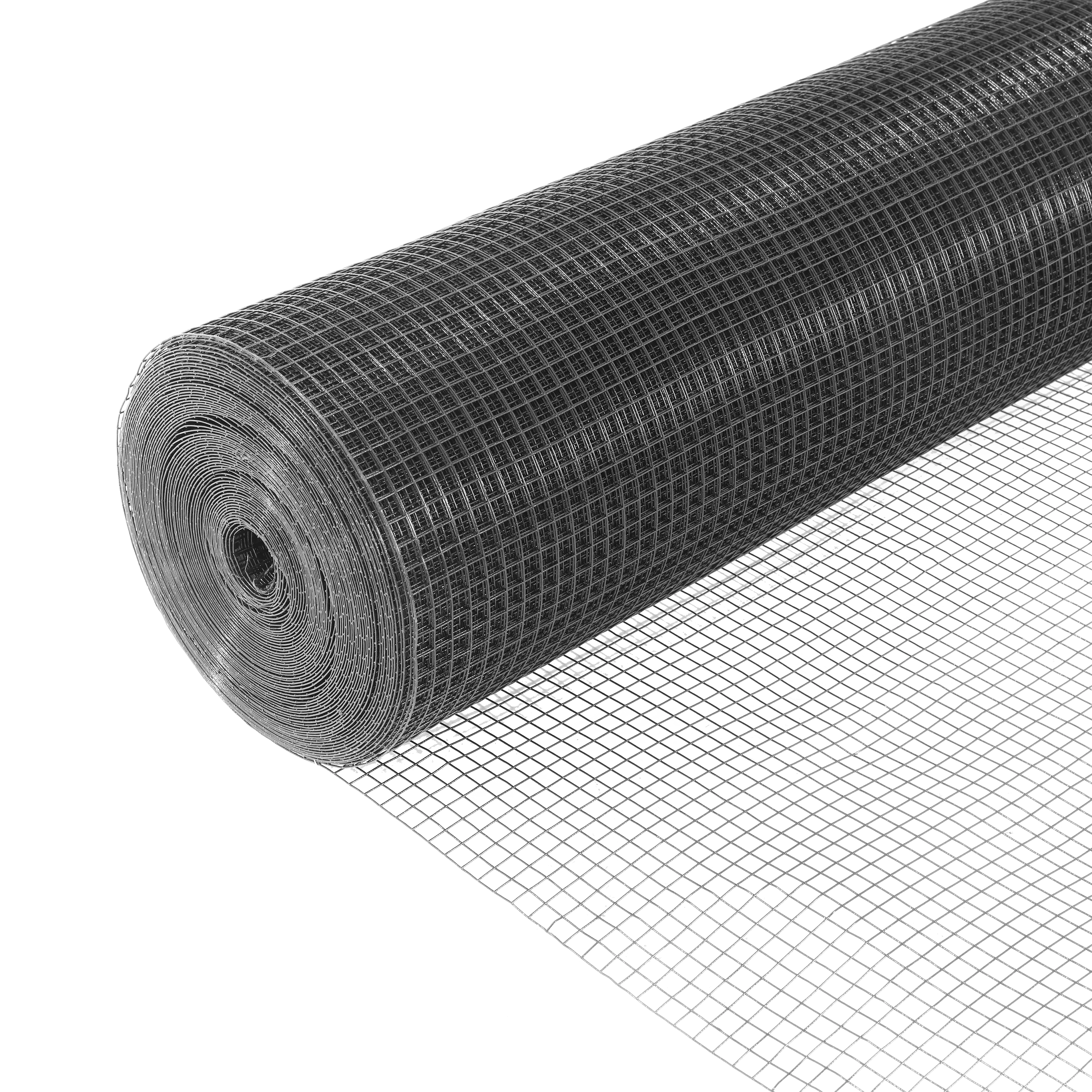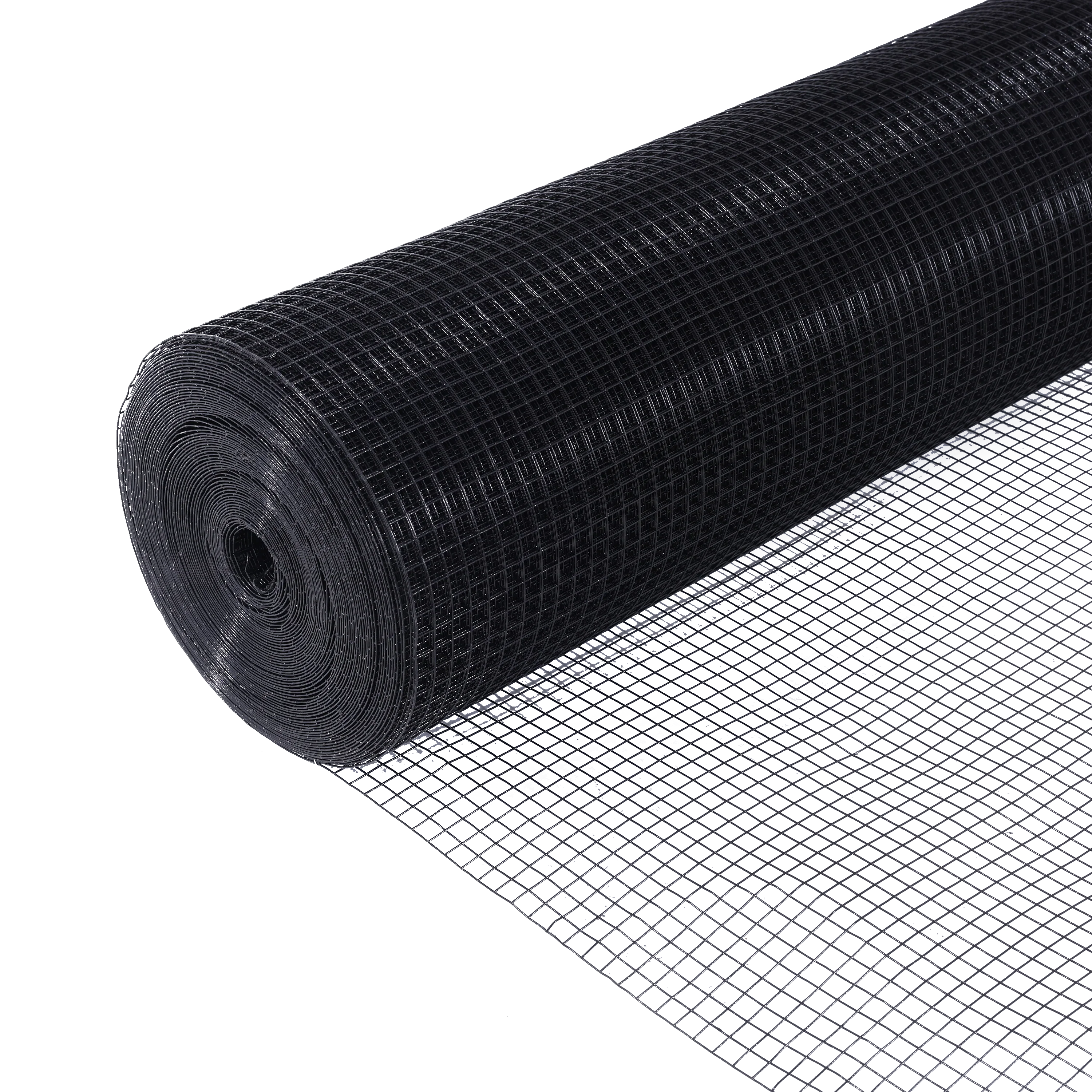Carrots are a garden favorite—crisp, sweet, and perfect for everything from salads to stews. But if you’ve ever dug up a carrot and found it twisted, forked, or just plain stubby, you’ve likely encountered the disappointment of misshapen roots. The good news? You can avoid this by focusing on one key factor: the soil. When growing carrots in raised beds, loosening the soil properly sets the stage for straight, healthy roots. Let’s dive into why this matters, how to do it, and some practical tips to keep your carrots looking their best.
Why Soil Loosening Matters for Carrots
Carrots aren’t like other veggies—they grow downward, and they need loose, soft soil to do it well. If the soil is hard, compacted, or full of rocks, the roots hit obstacles and start to twist or split. In some cases, they stop growing altogether, leaving you with short, stumpy carrots instead of the long, elegant ones you were hoping for. Raised beds are a great choice for carrots because they give you control over the soil and improve drainage. Still, you’ve got to make sure that soil is loose enough to let those roots stretch out.

How to Loosen Soil in Raised Beds
Getting your soil ready for carrots doesn’t take fancy tools or a ton of time—just a little know-how. Here’s how to loosen soil in raised beds the right way:
· Pick the Perfect Soil Mix: Carrots thrive in light, sandy, or loamy soil that lets water drain easily. If your raised bed has heavy clay or packed dirt, mix in some compost, peat moss, or aged manure to lighten it up. You want soil that feels fluffy and crumbles in your hand.
· Work in Organic Matter: Adding compost or other organic goodies does double duty—it loosens the soil and feeds your carrots. Spread a couple of inches of compost across the bed and mix it into the top 6-8 inches of soil. This breaks up tight spots and makes the soil more inviting.
· Grab a Garden Fork: Before you plant, use a garden fork to gently aerate the soil. Stick it in, wiggle it around, and lift—don’t flip the soil completely. This creates tiny air pockets that help carrot roots grow deep and straight.
· Clear Out Obstacles: As you go, pull out any rocks, sticks, or clumps of dirt. These little troublemakers can force carrots to bend or fork, so getting rid of them is a must.
Tips to Prevent Misshapen Carrots
Loose soil is a great start, but a few extra tricks can keep your carrots picture-perfect:
· Thin Those Seedlings: Crowded carrots are unhappy carrots. When your seedlings are a couple of inches tall, thin them to about 2-3 inches apart. This gives each root plenty of room to grow without bumping into its neighbors.
· Keep Watering Consistent: Carrots like steady moisture—too little, and they struggle; too much, and they can crack. Water deeply once or twice a week, depending on the weather, to encourage roots to grow downward.
· Don’t Overdo Fertilizer: A little nutrients go a long way. Too much fertilizer, especially nitrogen-heavy stuff, can give you big green tops and tiny, weird roots. Stick to compost or a balanced, light fertilizer.
· Sow Seeds Shallowly: Plant carrot seeds about 1/4 inch deep. If they’re buried too far down, they’ll have a harder time growing straight.
Additional Care for Healthy Carrots
To round things out, here are a few more ways to keep your carrots happy in raised beds:
· Add a Light Mulch: A thin layer of straw or grass clippings helps hold moisture and keeps the soil cool. Just don’t pile it on too thick—carrots like it a bit cooler than some other crops.
· Watch for Pests: Carrot rust flies can ruin your harvest, but you can keep them at bay with row covers or by planting onions nearby as a natural deterrent.
· Harvest on Time: Check your carrots when their tops start poking out of the soil. Pull them up before they get woody—usually 60-80 days after planting, depending on the variety.
So there you have it—loosening soil in raised beds is the foundation for growing gorgeous carrots. With the right soil mix, a bit of prep, and some TLC, you’ll be pulling up straight, delicious roots all season long.






